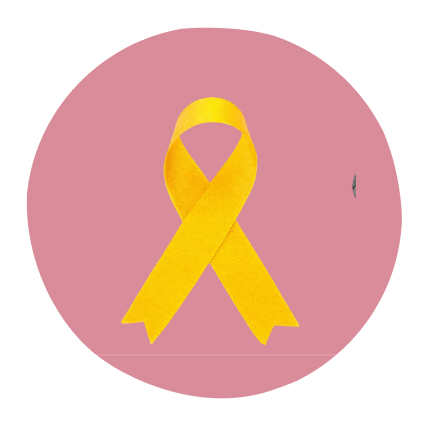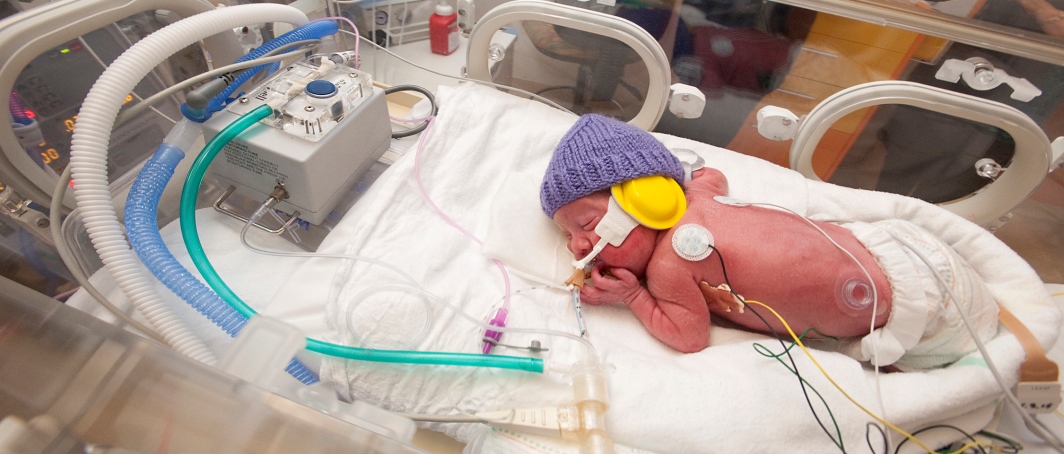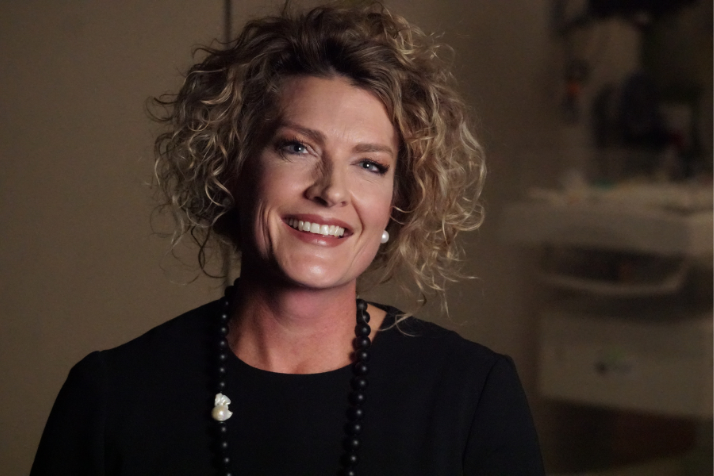Why our work is so important?
-
2,400
number of women diagnosed with endometrial cancer per year in Australia.
-
1600
number of women diagnosed with ovarian cancer per year in Australia.
-
15%
number of ovarian cancer cases that are inherited.
-
1,404
number of women who die from gynaecological cancers per year (27 per week).
-
57%
number of women with ovarian cancer who will not be living five years after diagnosis.
Cancers of women
Did you know that 1,404 women die each year—27 every week—from cancer of the ovary, uterus, or cervix? Endometrial cancer is the most common gynaecological cancer, diagnosed in approximately 2,400 Australian women annually. Over 1,600 women in Australia are diagnosed with ovarian cancer each year, making it the leading cause of gynaecologic cancer-related deaths in the country and accounting for 4.8% of all cancer deaths in women. The median age for ovarian cancer diagnosis is 60, though it can occur at any age. The average lifetime risk of developing ovarian cancer is about 1 in 75. While most cases are sporadic, around 15% are linked to inherited genetic mutations. Women with these inherited gene faults can face a significantly higher lifetime risk of up to 50%. Unfortunately, more than two-thirds of ovarian cancer cases are diagnosed at an advanced stage, when the disease has already spread and is considered incurable. Currently, there are no effective screening tests for ovarian cancer, and 57% of women diagnosed will not survive beyond five years.


Endometriosis
Endometriosis is a debilitating condition that affects approximately 1 in 10 women of reproductive age worldwide. It occurs when tissue similar to the uterine lining grows outside the uterus, causing chronic pain, heavy menstrual bleeding, and, in many cases, infertility. The impact of endometriosis extends far beyond physical health – it can disrupt daily life, hinder career progression, and lead to mental health challenges such as depression and anxiety. Despite its widespread prevalence, endometriosis remains underdiagnosed, with many women suffering for years before receiving an accurate diagnosis. The condition not only affects women’s physical wellbeing but also places significant emotional and social strain on individuals and their families.


Women’s health projects

Enable us to fund innovative research and vital support services
What’s new at WIRF
Stay up to date on our latest research breakthroughs, community initiatives, events and ways to get involved.



